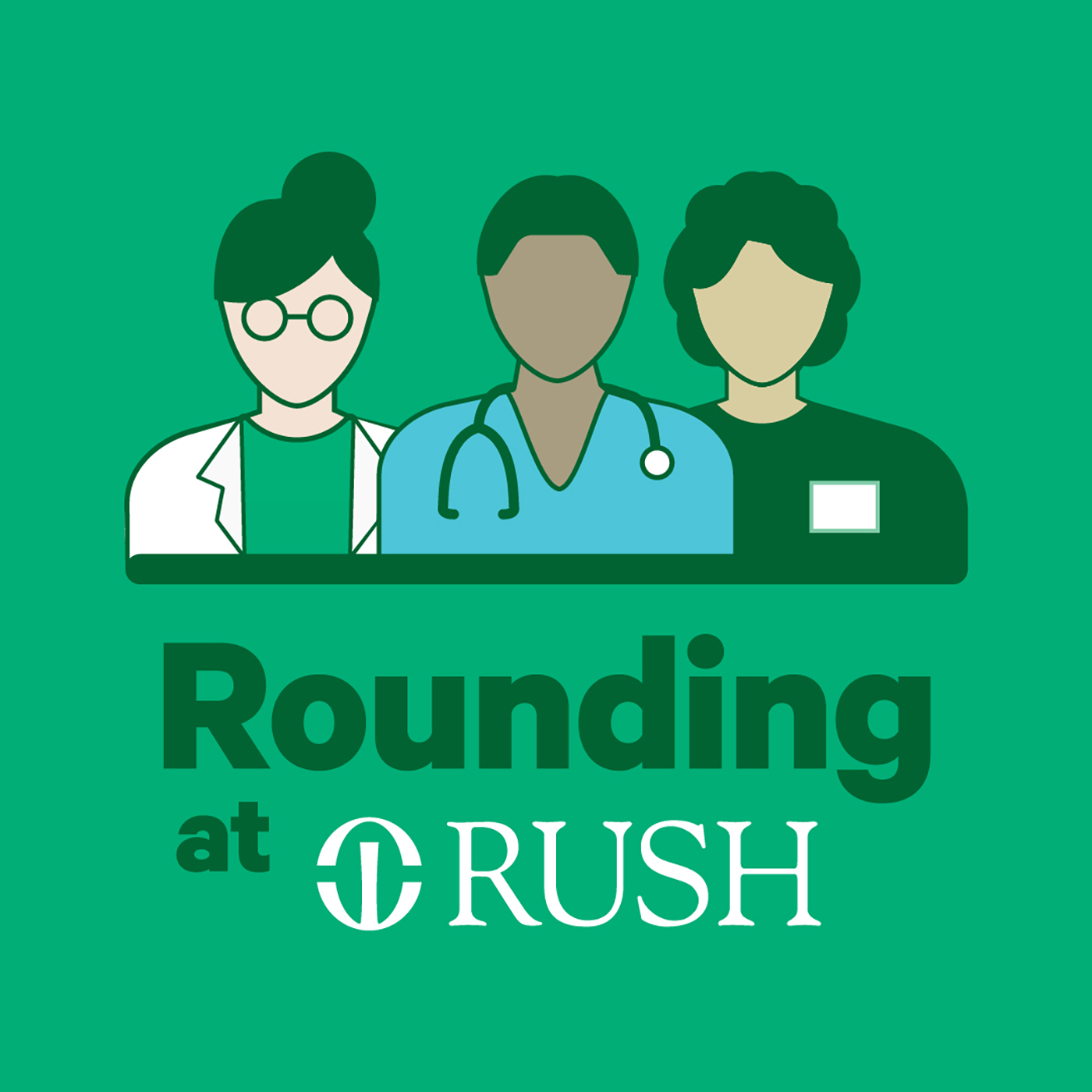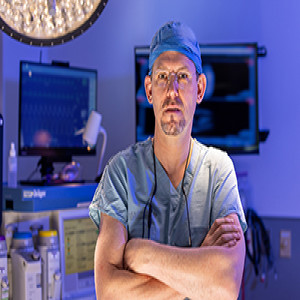
Rounding at Rush spotlights the work of physicians across the Rush University System for Health, comprised of two community hospitals and Rush University Medical Center, which is ranked by U.S. News & World Report as one of the nation’s best hospitals. As a leading health system, Rush delivers outstanding patient care, offers the latest treatments, educates the next generation of health care providers, and pursues groundbreaking research. Accreditation Statement In support of improving patient care, Rush University Medical Center is jointly accredited by the Accreditation Council for Continuing Medical Education (ACCME), the Accreditation Council for Pharmacy Education (ACPE), and the American Nurses Credentialing Center (ANCC), to provide continuing education for the health care team. This activity is being presented without bias and with/without commercial support. Designation Statement Rush University Medical Center designates this internet enduring material activity for a maximum of One (1) AMA PRA Category 1 Credit(s)™. Physicians should claim only credit commensurate with the extent of their participation in the activity. Disclosures The course director(s), planner(s), faculty and reviewer(s) of this activity have no relevant financial relationships to disclose.
Episodes

Wednesday Sep 28, 2022
The DRAGON Trials: Next Generation Liver Cancer Care with Erik Schadde, MD
Wednesday Sep 28, 2022
Wednesday Sep 28, 2022
The DRAGON 1 and 2 trials are large, multicenter, international trials that are evaluating the use of combined portal and hepatic vein, or double vein, embolization, to treat advanced liver cancer and metastases. Double vein embolization has the potential to become a new standard of care that could provide patients with life-extending and even life-saving treatment.
Erik Schadde, MD, FACS, FEBS (HPB), a transplant surgeon at RUSH University Medical Center, spearheaded the creation of the trial and has been at the center of some crucial discoveries in the use of double vein embolization.
“Sometimes liver tumors are so big or there are so many that you have very little liver left in the body if you want to remove them. In the past, those tumors haven’t been resectable. But we’ve actually found that you can grow the liver, so even very small liver remnants can now serve as a future liver remnant. Double embolization is an exciting new method that’s allowing us to do that.”
CME Link: https://cmetracker.net/RUSH/Publisher?page=pubOpenSub#/event/486727

No comments yet. Be the first to say something!